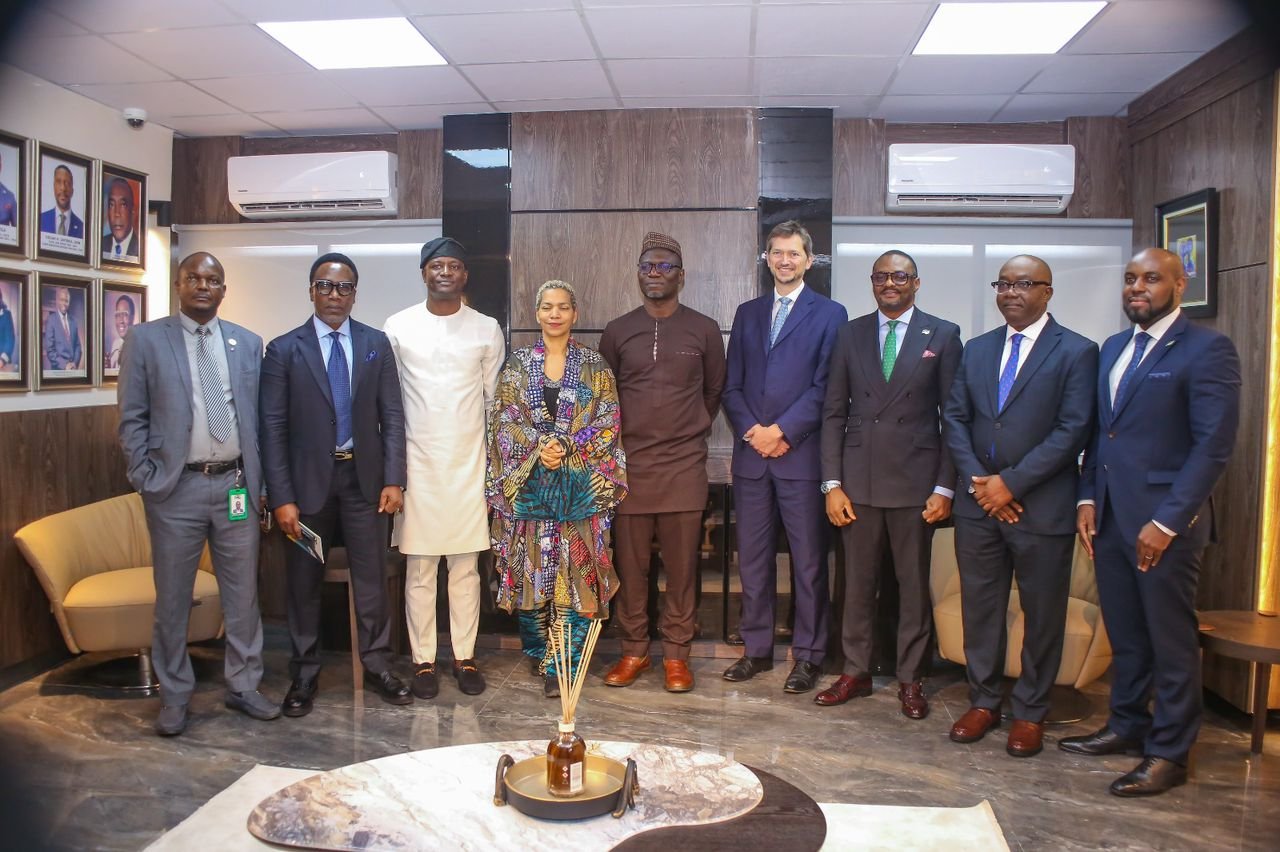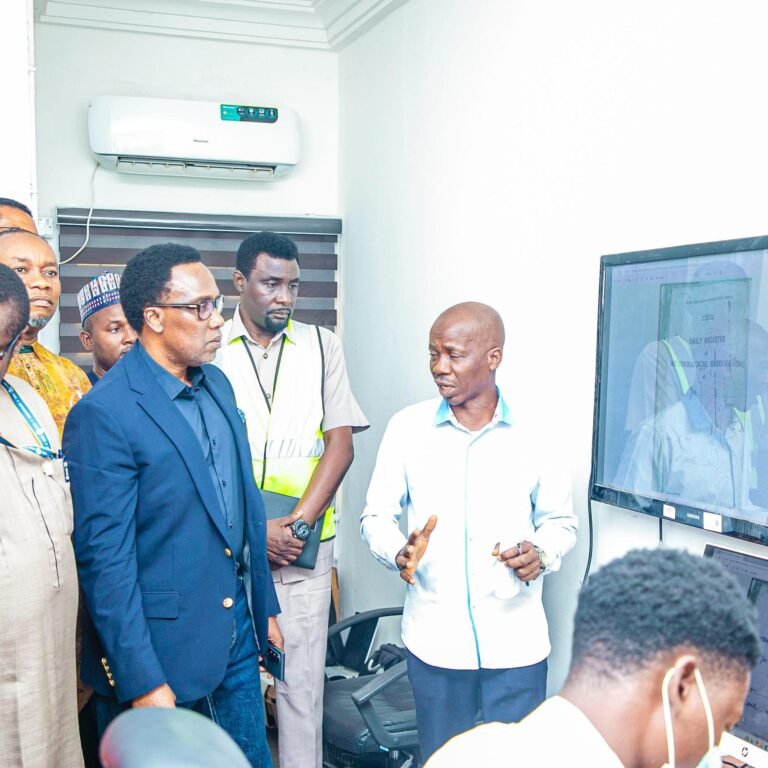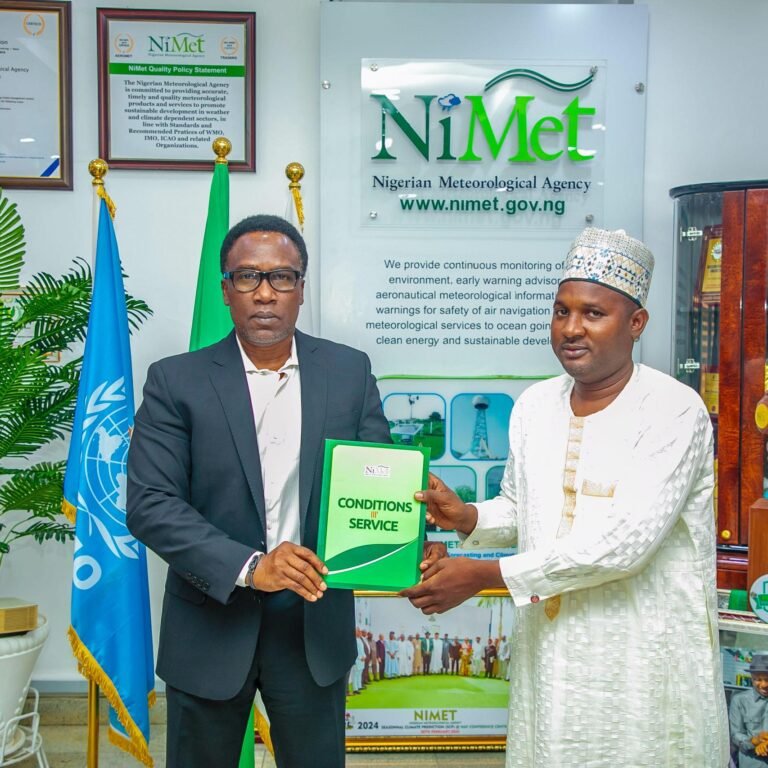
By Ameh Gabriel
The Director-General of the Nigerian Meteorological Agency (NiMet) has sounded a fresh alarm over the growing risks that climate change poses to Nigeria’s financial system, warning that extreme weather events are already undermining economic stability and threatening the resilience of financial markets.
Speaking on the urgent need to integrate climate considerations into Nigeria’s financial architecture, the NiMet DG referenced the World Economic Forum’s identification of extreme weather as one of the top global risks with far-reaching financial implications. He stressed that the rising frequency and intensity of climate events are translating into higher operational costs, severe physical damage, liquidity pressures, and market disruptions—impacts felt most acutely in developing economies like Nigeria.
“Extreme weather events are both short-term and long-term risks. Their economic costs are significant and rising, with disproportionate effects on developing nations,” he said. “They trigger food price shocks, disrupt supply chains, and raise the cost of insurance. For financial institutions, credit risks escalate when borrowers are unable to repay loans after climate disasters, while market risks deepen as the value of climate-sensitive assets declines.”
The DG further highlighted how climate-induced damages are straining private insurance systems, shifting the burden to government-backed schemes and raising concerns about their long-term sustainability. He called for urgent collaboration to close existing climate data gaps by embedding meteorological data into Nigeria’s sustainability reporting framework.
“Reliable climate information is not optional; it is essential for informed decision-making,” he noted. “Meteorology underpins disaster preparedness, public health, construction standards, agriculture, food security, marine operations, extractive industries, and aviation safety. No sector of the economy can thrive without dependable climate data.”
Recalling NiMet’s statutory role, he emphasised that the Agency was established to observe, collect, process, and disseminate weather and climate information to protect lives and property. Over the years, NiMet has provided timely forecasts across timescales and developed people-centred early warning systems to support sustainable socio-economic growth.
The DG urged Nigeria to prioritise increased investment, stronger stakeholder collaboration, and enhanced climate data sharing to achieve transparency and resilience within its financial system.
“Our focus is on collaboration,” he said. “By scaling up access to climate data and strengthening climate finance, we can embed resilience into Nigeria’s financial markets. NiMet looks forward to deeper engagement with financial regulators and industry players to ensure our financial system is climate-informed and robust enough to withstand the shocks of tomorrow. Together, we can secure trust, transparency, and sustainable progress for Nigeria.”








